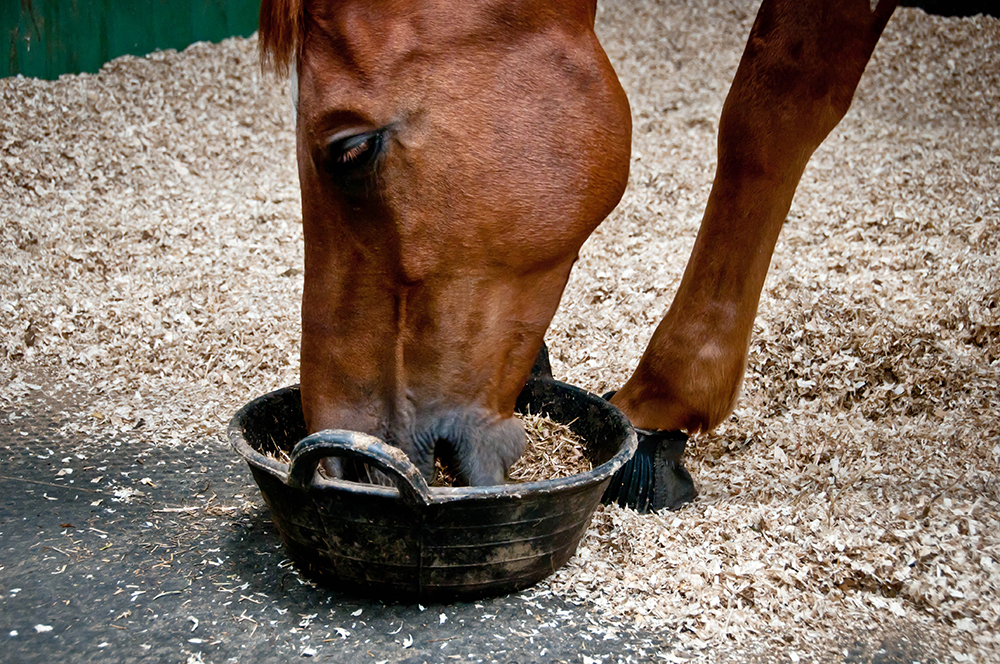Understanding the importance of horse electrolyte supplements is essential for maintaining your horse’s health and performance. These supplements play a significant role in replenishing lost nutrients during physical activities, ensuring your equine companion remains energetic and healthy.

The Need for Electrolytes
Electrolytes are minerals in a horse’s body fluid that are vital for cellular function. When your horse sweats, it loses essential electrolytes such as sodium, chloride, potassium, calcium, and magnesium. Proper electrolyte balance is crucial for muscle function, nerve transmission, and overall hydration. Without adequate replacement, your horse may experience fatigue, cramps, and decreased athletic performance.
Key Ingredients in Horse Electrolyte Supplements
Sodium and Chloride
These two elements are crucial for maintaining fluid balance and nerve function. A deficiency can lead to reduced thirst and decreased recovery after exercise.
Potassium
Vital for muscle function, potassium helps prevent muscle cramps and supports overall muscle health.
Calcium and Magnesium
These minerals aid in muscle contraction and relaxation. Adequate amounts are necessary to prevent muscle twitching and ensure efficient muscular response.
Choosing the Right Horse Electrolyte Supplement
When selecting an electrolyte supplement, consider the following factors:
Form and Flavor
Horse electrolyte supplements come in various forms such as powders, pastes, and liquids. Choose a form that is convenient for you and palatable for your horse.
Check for Balanced Formulations
Ensure the supplement contains a balanced mix of all essential electrolytes to effectively support recovery and hydration.
Administering Horse Electrolyte Supplements
Administering the right dose of electrolytes is essential. Follow these guidelines for effective supplementation:
After Exercise
Provide a feeding routine twice a day that includes electrolytes after exercise to replace the nutrients lost through sweat.
During Hot Weather
Increased temperatures lead to more sweating. Increase the frequency and amount of electrolytes given during warmer weather.
The Risks of Over-supplementation
While electrolytes are vital, over-supplementation can lead to health issues such as colic and diarrhea. It is essential to follow recommended dosages and consult with a veterinarian if unsure.
Signs Your Horse Needs Electrolytes
Poor Performance and Lethargy
If your horse isn’t performing well and appears tired, this might indicate an electrolyte imbalance.
Sweat Loss During Minimal Activity
Excessive sweating during minor activities can signal a need for supplementation.
Muscle Cramps
Regular muscle cramping is a clear sign your horse may require additional electrolytes.
Linking Electrolytes to Diet
Ensure your horse’s diet also contributes to a balanced electrolyte profile. There are valuable resources about feeding horses effectively you can explore further.
Electrolyte Supplements in Competitive Horses
For horses involved in competitions, maintaining optimal electrolyte levels is crucial. They undergo extensive physical stress, which demands a robust supplementation routine.
Supporting Research and External Resources
Research consistently supports the use of electrolytes in improving horse endurance and recovery. For further reading, you might find this external source regarding vitamin E deficiency in horses helpful.
Conclusion
Ensuring your horse receives the right horse electrolyte supplements is an integral part of their care routine. By maintaining a balance of key electrolytes, you can greatly enhance your horse’s stamina and overall wellbeing, ensuring they perform to the best of their ability.

FAQs
What are the key indicators of electrolyte imbalance in horses?
Look for signs like poor performance, fatigue, muscle cramps, and excessive sweating.
How often should electrolytes be administered during competitions?
It’s often recommended to provide electrolytes after every strenuous activity and monitor for signs of imbalance.
Can over-supplementation of electrolytes harm my horse?
Yes, over-supplementation can lead to colic and diarrhea. It’s important to adhere to recommended dosages and consult with a vet if in doubt.
This article contains affiliate links. We may earn a commission at no extra cost to you.
